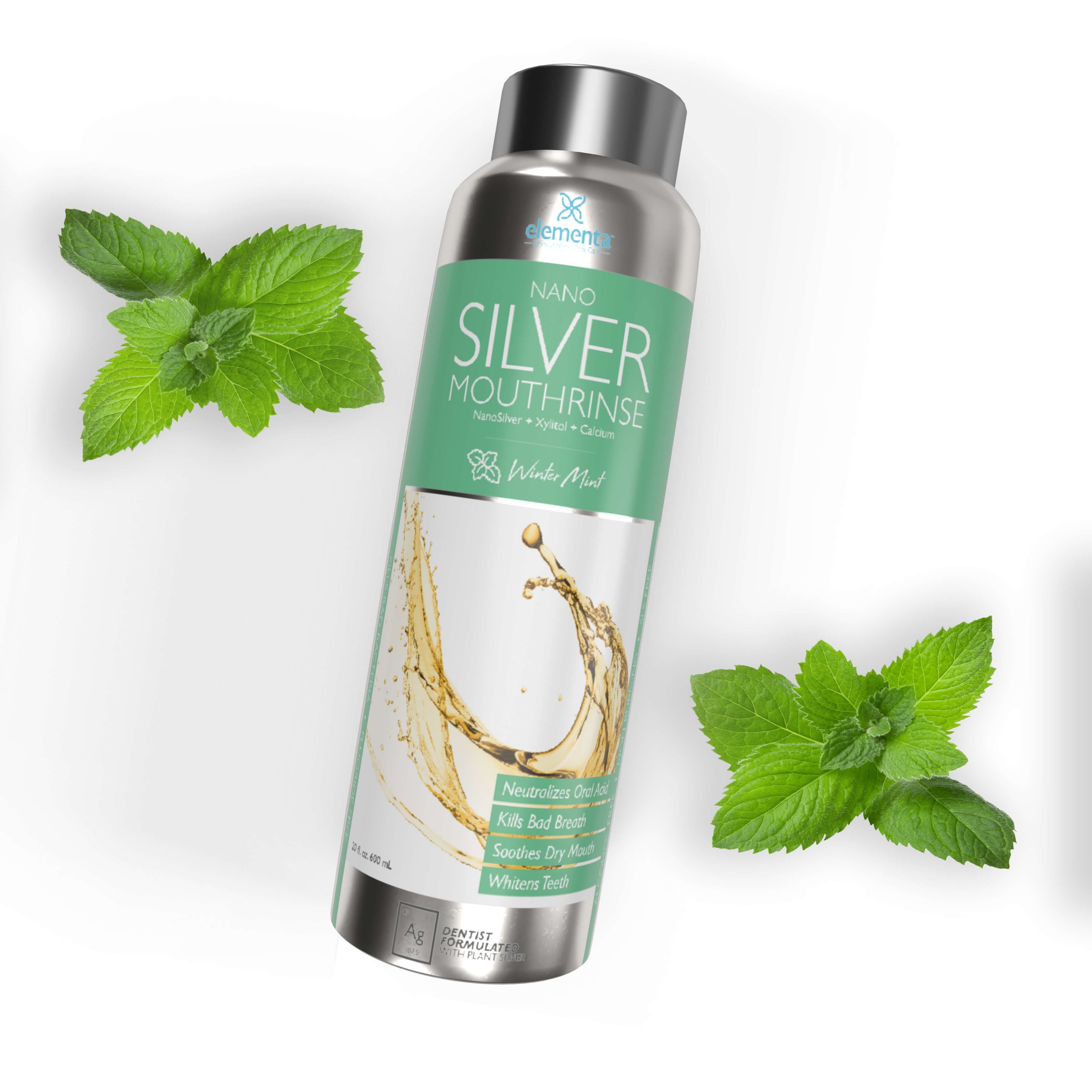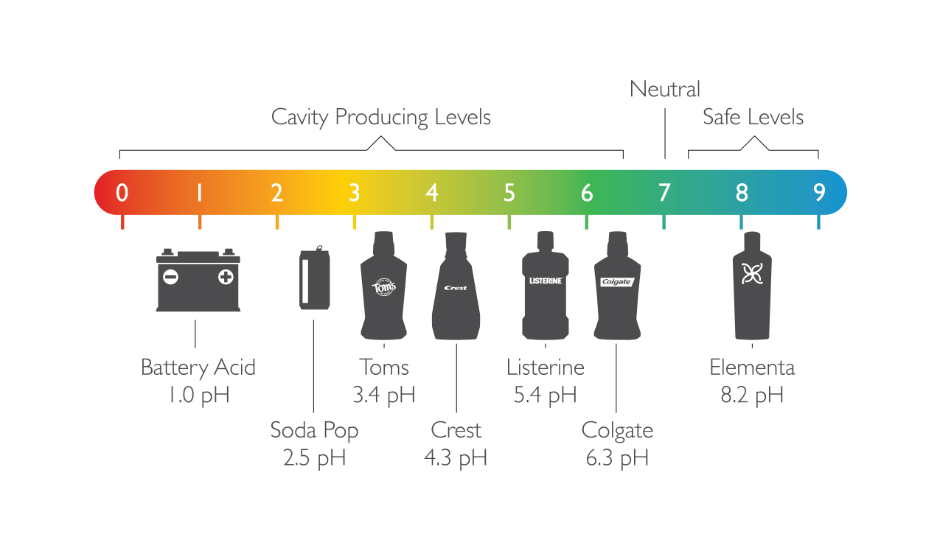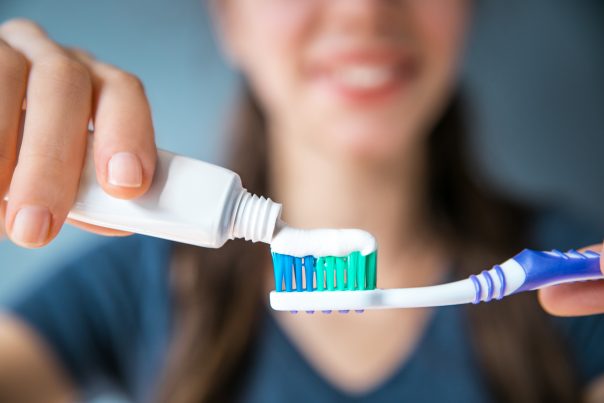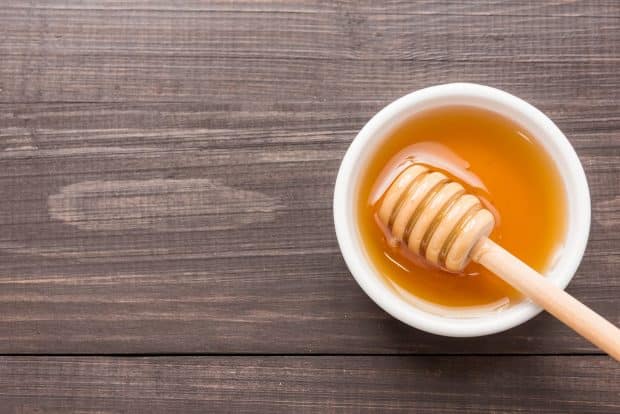Most people wouldn’t think that their job could leave them with a debilitating injury, yet it happens every day across the United States. Workers’ compensation is meant to provide financial aid for those who have been injured on the job and incurred related medical costs due to illness or injury. Read on to make sure you understand both your rights as an employee and your responsibilities towards seeking proper coverage if something goes wrong at work.
Workers’ Compensation and what it covers
Workers’ Compensation is a type of insurance that provides benefits to employees who suffer from work-related injuries or illnesses. This insurance typically covers medical expenses, lost wages, and rehabilitation costs. The primary goal of Workers’ Compensation is to provide injured employees with the necessary financial assistance to heal and eventually return to work. However, benefits may also be extended to families of workers who have died due to work-related accidents or illnesses. The coverage of Workers’ Compensation varies by state, and employers are typically required to purchase this insurance for their employees. It helps protect employees from financial ruin due to work-related injuries while providing employers with peace of mind knowing their employees are taken care of.
Types of injuries covered by workers’ compensation
In general, workers’ compensation is designed to cover injuries that occur as a result of work-related activities, such as accidents on construction sites, repetitive motion injuries from factory work, or illnesses caused by exposure to harmful materials. This can include everything from broken bones and cuts to more serious conditions like back injuries and respiratory problems. However, it’s important to note that not all types of injuries are covered under every policy, and the specific terms and coverage amounts can vary depending on the state and employer.
a. Work-related injuries such as slips, falls, and cuts
The safety of workers is of utmost importance in any workplace, but work-related injuries such as slips, falls, and cuts can sometimes be unavoidable. In the event of an injury, it is crucial to address it immediately and provide the proper medical attention. By prioritizing worker safety, employers not only protect their employees but also create a more productive and efficient work environment.
b. Repetitive motion injuries such as carpal tunnel syndrome
Repetitive motion injuries, such as carpal tunnel syndrome, can be a real concern for anyone spending hours typing away at a keyboard. This condition can be debilitating and cause severe pain and discomfort in the hands and wrists, making it difficult to perform even the simplest of tasks.
How to file a successful workers’ compensation claim
The process can seem overwhelming, and mistakes could leave you without the benefits you deserve. To ensure a successful claim, it is important to understand the steps and requirements of your state’s workers’ compensation system. This includes reporting the injury to your employer as soon as possible, seeking medical attention, and filling out the necessary paperwork accurately and completely. You may also want to enlist the help of an experienced workers’ compensation attorney at www.workerscompensationlawyersla.com/ who can guide you through the process and ensure that you receive fair compensation for your injuries
What to do if you are denied a claim
Receiving news that your claim has been denied can be a frustrating and overwhelming experience. However, it’s essential to keep a level head and take action immediately. First, carefully review the denial letter to understand the reason behind the decision. If it seems unclear, don’t hesitate to contact your insurance company for further clarification. Once you’ve identified the issue, you can choose to appeal the decision. Gather any relevant documentation that may support your claim, and include it with your appeal. Receiving a claim denial can be discouraging, but remember that it’s not the end of the road.
Tips for avoiding work-related injuries in the future
In the world of work, it’s important to prioritize your safety. This means taking steps to avoid work-related injuries. To begin with, it’s a great idea to invest in the proper equipment and tools needed for your job. This could be something as simple as purchasing appropriate footwear for your industry, or investing in ergonomic office furniture to avoid back pain. It’s also important to practice good posture and pay attention to the way you move while working. Avoiding repetitive motions and taking breaks to stretch can go a long way in preventing injuries. Finally, make sure to follow all safety protocols outlined by your employer, and speak up if you notice any unsafe practices.
Workers’ Compensation is an important part of the job market that seeks to ensure that employees are cared for if they experience a work-related injury or illness. All in all, workers’ compensation is an invaluable part of employment that should not be overlooked or underestimated.





![Different types of foods that cause dry mouth laid out on a table]](https://elementasilver.com/wp-content/uploads/2019/01/bigstock-Salty-snacks-served-as-party-f-336318886-scaled.jpg)


